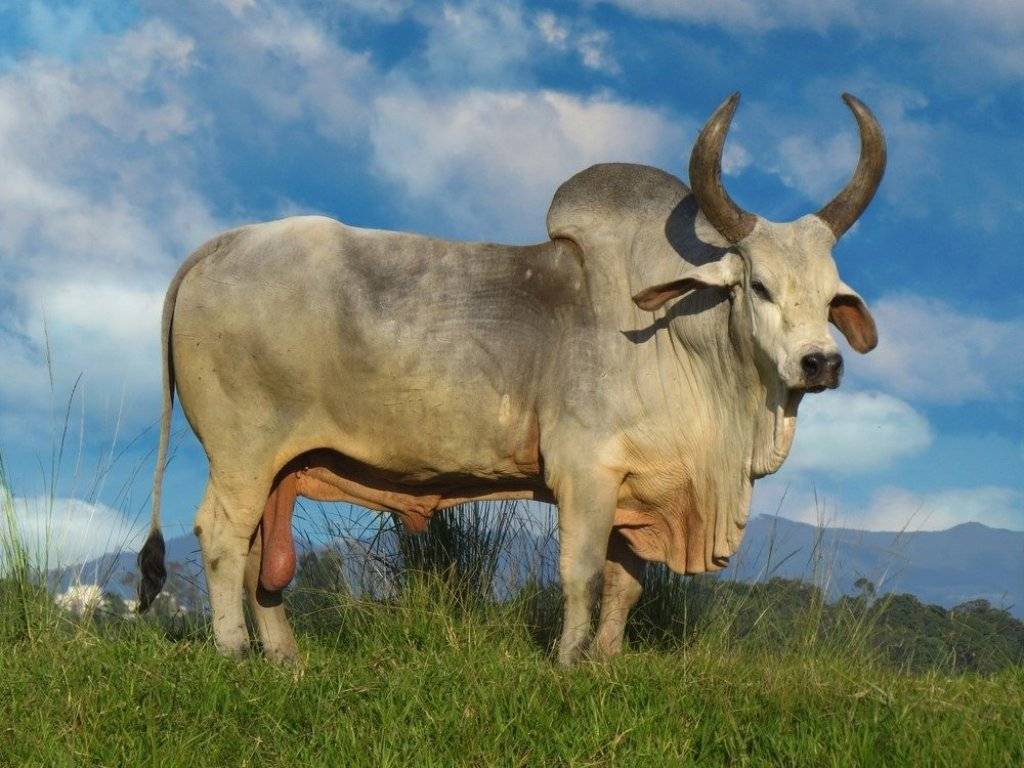
Dairy farming has become popular worldwide. The demand for milk and products made from milk is also increasing in the market which has given good employment to the millions of people. In such a situation, the demand for animals or breeds which are at the forefront of milk production has increased.
Today in this article we will talk about some exotic/foreign cattle breeds that can be reared for milk.
Texas Longhorn Cow
The Texas Longhorn Cow is a mix of an Iberian breed & an Indian one. They were among the first farm animals brought to North America by Europeans. Their long horn can grow up to 7 feet from tip to tip. But despite the threatening horns, Texas Longhorn cows are very calm and smart.
Highland Cow
The highland cattle have a thick, furry coat, keeping them warm and protected from the wind and rain. As a bonus, the wavy coat also gives it a cute silly look. Highland cattle have the longest hair of all breeds.
Ankole- Watusi Cow
Ankhole Watusi is a breed of dairy cows native to Africa. The breed's impressive horns can grow up to 8 feet from tip to tip. They look incredibly large, but they serve a practical purpose: the large horns are used to disperse heat, as well as formidable weapons to ward off predators.
Zebu Cow
Zebu is a type of cattle native to South Asia. They have developed into more specific varieties (more on one of them will be available soon), but the umbrella variety is Bos indicus. This species is easily identified by the prominent hump on the shoulders, as well as the ruffled skin - the bulging skin that hangs down from the neck. Jebso profile is unmistakable.
American Brahman Cow
American Brahman cows are a particular breed of zebu, so they have characteristic shoulder humps and noticeable dew. These cows also have their own unique qualities, especially their unusually long ears, which make them look like goats. This breed is known for its heat resistance, which can be attributed to its thick hair and large amount of drooping fur.
Dexter Cow
Just like miniature horses, these are miniature cows. Dexter cows are one of those breeds. These little cows are only three to four feet tall at the shoulder, making them perfect for small farms. Dexter cows bred for milk provide 1-2 gallons of milk per day (as opposed to 80-10 gallons of regular Holstein dairy cows).
If you raise one for meat, you'll have about 400 pounds of meat (compared to twice that of a medium-sized steer). These qualities make them easier to handle on family farms. Plus, they are cute, which is always a reward.
Miniature Belted Galloway Cow
Another adorable and unusual breed of cattle is the Mini Belt Galloway, or Little Beltie. These small cows have a black coat with a white belt in the middle. Their coats are also very thick, which is where the breed developed - the result of the Scottish Highlands. Small-sized Galloway cows aren't as shaggy as upland cows, but because they are hornless by nature, they look a lot cuddly.
Miniature Jersey Cow
Jersey cows are pretty popular, but what about miniature Jerseys? These cows are only three to 3.5 feet tall at the shoulder. Like other small breeds, they have been developed to be easier to handle on small farms because they don't require too much milk and meat, or they invest a lot of space and don't want to give them to livestock.
Panda Cow
And finally, there is a particularly rare cow. Panda cows are famous for having the same display as giant pandas, up to black-eyed patches. In fact, if it doesn't have the correct markings - a white belt around the midsection and distinct black eye spots on a white face - it doesn't count as a panda cow.











